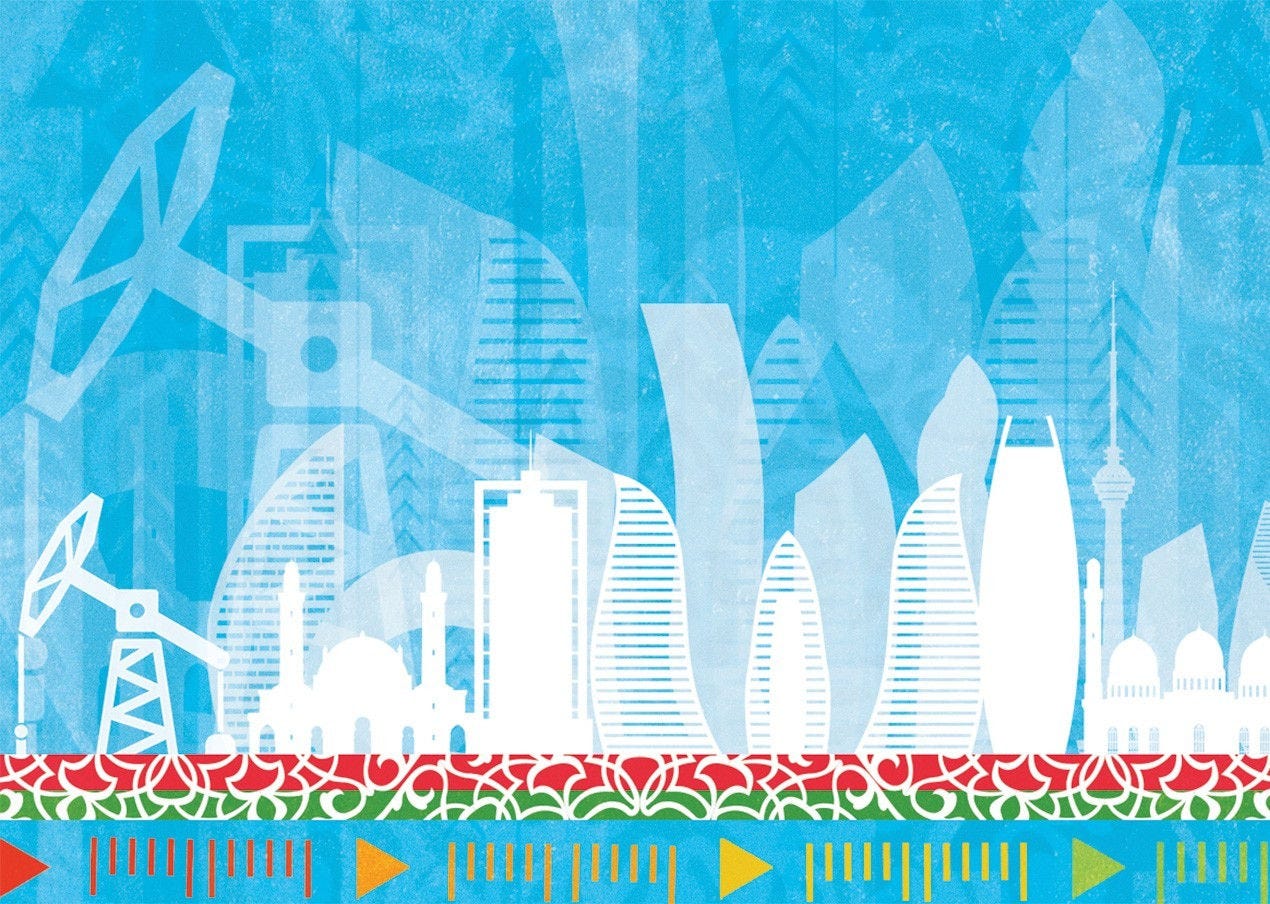Long-term energy planning is central to a country’s strategic direction. Without it, governments may end up relying on a patchwork of policies and legislation that can be incoherent and ill-suited for the complex challenges countries are increasingly faced with. Good long-term energy planning encompasses domestic and foreign policy, while touching on many key areas of the economy including industry, natural resources and trade. The process involves multiple stakeholders across the government, but also brings in the private sector as well as citizens, as it aims to set out a strategic path towards a clear goal.
Azerbaijan, like many of its peers, is looking to understand how best to meet the opportunities and complexities of the global clean energy transition. The 2014-2015 oil shock prompted the government to consider and draft a slate of new laws and reform packages, and at present efforts are being made to finalise and pass an energy strategy. The price volatility seen in global markets over 2020-2022 is making it even clearer that energy planning using scenario analysis and modelling will help countries successfully respond to new and unexpected challenges in a resilient fashion.
This roadmap details the necessary steps in building that process and exploring relevant policy options that producer economies have pursued, which may be relevant to Azerbaijan. It then discusses data collection and survey design, which are key to establishing the base for energy modelling. The roadmap then looks at energy modelling and its role in policy making.
This roadmap aims to help Azerbaijan reconsider the policy planning process as it looks to connect key laws and reforms into a greater energy strategy. It also sets out a path for Azerbaijan to make this process sustainable and iterative, connecting its policymakers with its statisticians, and investing in in-house modelling capacity. Every country must choose its own energy path, based on its specific needs and resources, but having a long-term plan can smooth out that path significantly.








